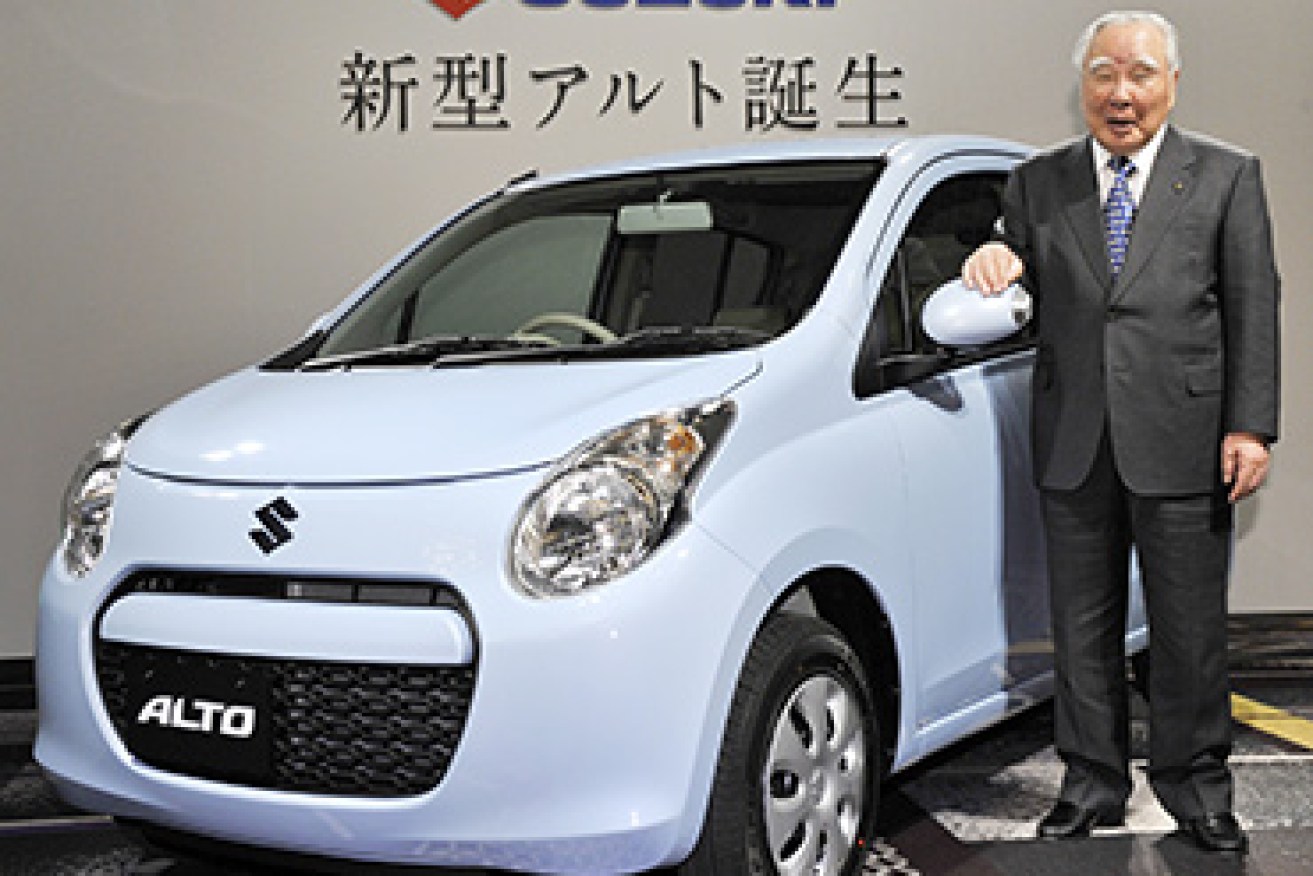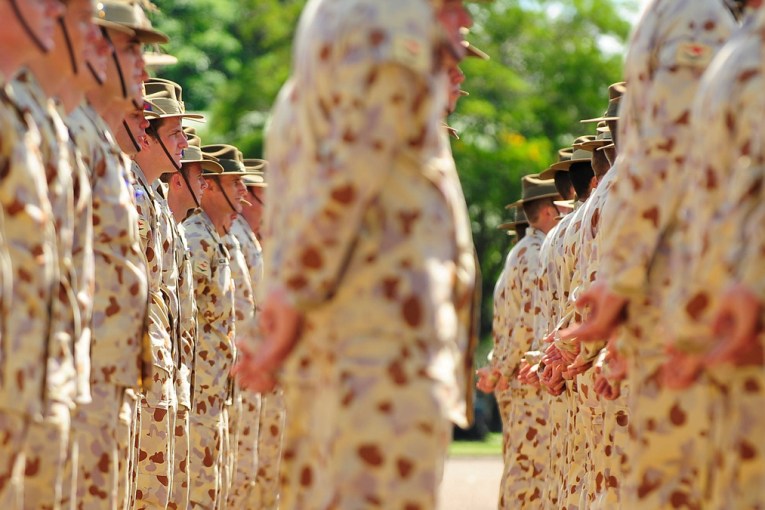Why we love cars to death

Getty
Treasurer Joe Hockey sparked outrage this week when declaring that poorer Australians either don’t own a car or don’t drive very far.
He was defending the government’s plan to raise taxes on petrol, arguing the additional cost won’t hurt low income earners. But while the chorus of complaint included members of his own party, Mr Hockey stood his ground, using official figures to show the average spend on petrol increased with household income – from $16.36 at the lowest income group compared to $53.87 at the highest.
It failed to placate his critics. Opposition leader Bill Shorten said the Treasurer needed to “come back to planet Earth from planet Hockey.”
While the debate has focussed on class, Australia’s longstanding reliance on cars may be the underlying issue. For many, driving is not a choice.
• Is this the best new car money can buy?
• We have lift off: Toyota studying hover cars
• Five ways to drastically cut your petrol bill
• How to outsmart the car salesmen

Will electric cars help to cut the cost of motoring?
According to the Australian Securities and Investments Commission, in 2012 households spent $78.4 billion a year on cars versus $2.2 billion a year on public transport. An examination by the Australian Bureau of Statistics into motor vehicle use estimated the country has more than 16 million registered vehicles.
Following Mr Hockey’s comments, Victorian Motoring Enthusiasts Party senator Ricky Muir said that, while he opposed the increase in the fuel excise, there were often good reasons for our reliance on cars.
“I don’t think [the Treasurer has] ever lived in a rural, regional, or remote area where he may have been a school leaver, a job seeker, unemployed, or on a low to middle income where there’s no public transport,” he said, adding: “We can’t all hop on cows and ride into town.”
Senator Muir, a former timber worker and father of five, says he knows first hand about the impact of petrol costs on the household budget.
Dr John Stone, lecturer in Transport Planning at the University of Melbourne, echoed the observations.
“You need a way of getting over long distances in the suburbs,” says Dr Stone. “At the moment we keep saying that we can’t provide public transport for people in the suburbs.”
Regrettably, he says, car use and the accompanying expense is unavoidable for many.
Cutting the costs of motoring
But for households which are fighting to keep family the budget in check, there are ways of keeping the costs down, starting with the type of car they own.
• Car care tips: how to avoid costly mechanics bills
Last month, the RACV published its annual Driving Your Dollars study, which finds the most cost-effective cars on the market.

The Suzuki Alto. Photo: Getty
The Suzuki Alto GL was the most affordable car to run with a weekly expense of $115.58.
The Holden Cruze was the cheapest option in the small car market at a tick over $156 a week, while the Holden Commodore Evoke was the least expensive large car (at $228.05 a week). In the electric car market the Mitsubishi Outlander costs $245.21 a week to run. Read the full study here.
Last year, the National Roads & Motorists’ Association conducted a similar survey that looked at the weekly costs of running a car in Sydney based on a return trip to the CBD five days per week.
The costs included sale price, depreciation, fuel, tolls, repairs and insurance for a 40-year-old with a good driving record.
The study found the Mitsubishi Mirage was the cheapest option, with a motorist living in Penrith spending $158 a week, while at the other end of the spectrum a Mercedes-Benz cost $1714 a week when travelling from Sutherland to Sydney every day.
The studies touch on the debate over whether it is more expensive to drive or use public transport. Simple comparisons can be made that, not surprisingly, suggest public transport is cheaper.
Dr Stone conceded Australia’s love affair with cars would be difficult to curb but inroads are being made, citing the opposition to the East West Link project in Melbourne as an example of resistance.
“There is a culture around the car and it does offer a lot of things that public transport doesn’t offer like your own space,” says Dr Stone. “But there’s a large group in Australian society who when they’re given a public transport alternative will use it because it just makes sense in terms of time and money.”








